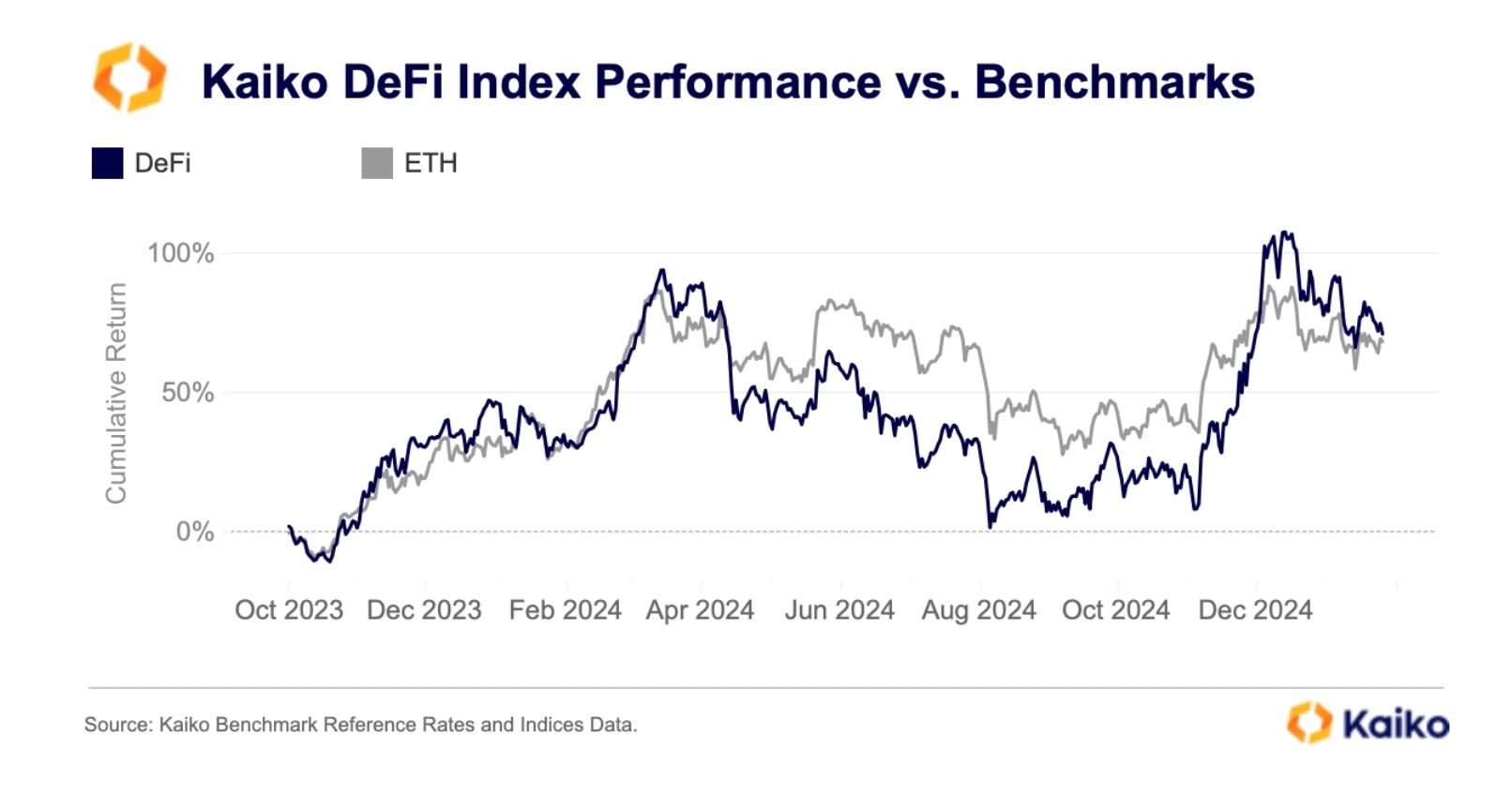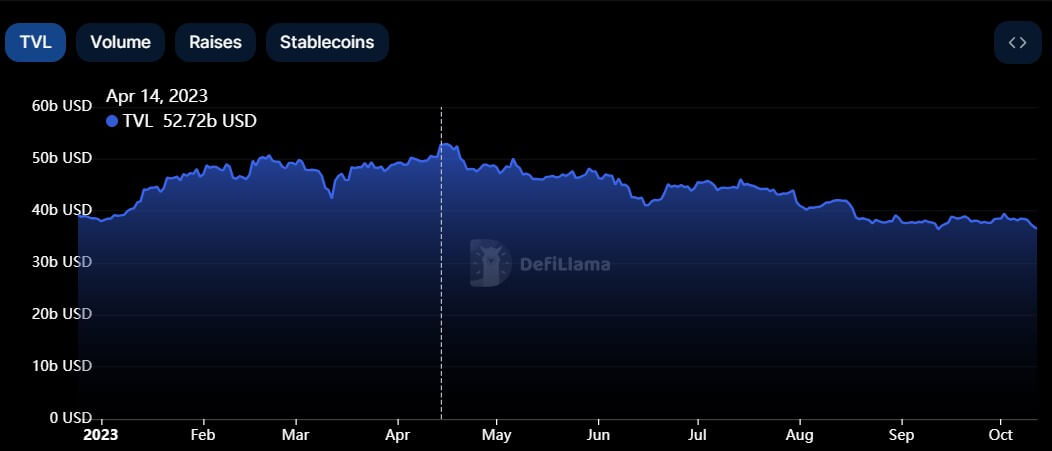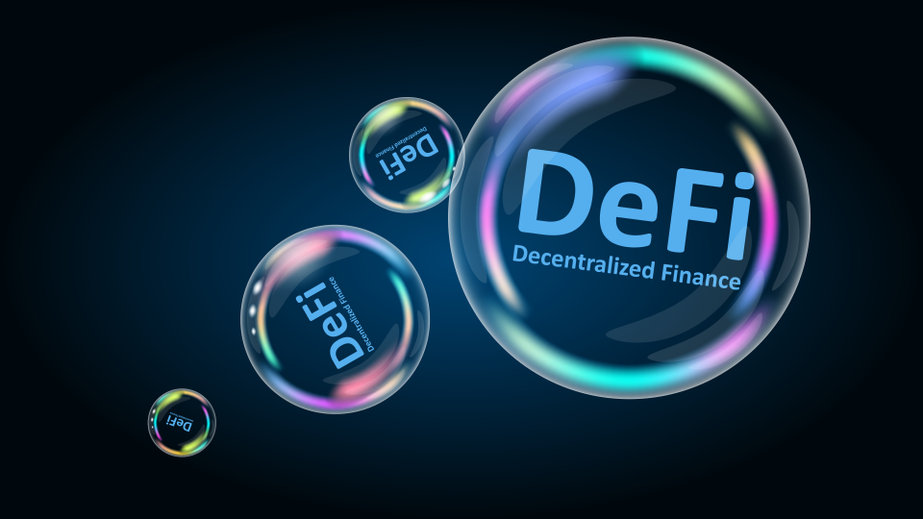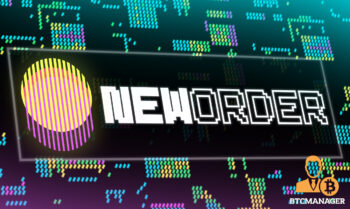2019-7-5 16:17 |
2019 is the year of decentralized finance. The #DeFi movement was still in its fledgling stage at the end of 2018, but in the wake of the recent resurgence in the crypto markets, it’s taken off. In March, ConsenSys published a blog post listing – believe it or not – over a hundred DeFi projects, with several commenters suggesting even more.
Of course, the ConsenSys list only included those projects developing their DeFi applications on the Ethereum blockchain. But this shouldn’t go unchallenged. After all, if the DeFi concept is truly about decentralization, then any finance application built on any decentralized blockchain platform could qualify as #DeFi. Furthermore, now that Ethereum has more competition from platforms like Stellar, Tron, or Zilliqa, it makes sense that the #DeFi ecosystem can also grow on any other platform too.
Across DeFi and the entire dApp space, Ethereum indeed has the numbers. At the peak of the ICO boom, which was fueled in part by the easy availability of ERC-20 tokens, more than 100 new dApps were being added to Ethereum every month.
However, at this point in 2019, the ecosystem has diversified. Particularly in the categories of trading platforms and automated market making, there are some notable examples of non-Ethereum projects that have established themselves as heavyweights.
Image source: Depositphotos.com
Bancor was one of the first DeFi projects to come to fruition. It pioneered the concept of the liquidity network, designed to overcome the challenge of illiquidity in altcoins and enable an extensive range of swaps between different tokens. Whereas a traditional crypto exchange depends on having a full order book to ensure that trades can happen without delays, Bancor works differently. The Bancor network is based on the concept of “Smart Tokens.”
The native token of the Bancor network is BNT, which is a smart token in itself. The BNT token holds reserves of all other tokens on the network. Therefore, when someone wants to make an exchange, the network uses the BNT token as a relay, with the reserves enabling instant liquidity. This negates the need to have a counterparty for the trade, as is needed in a traditional exchange.
In Bancor’s earlier days, it faced some criticism for having developed its own tokens. At the time, the project was operating token swaps on the Ethereum blockchain. Uniswap, an Ethereum-based liquidity project that came later, simply used ETH as the relay token, which critics said was a more straightforward solution.
However, Bancor has always held a vision of enabling continuously liquid swaps between any tokens, regardless of which blockchain they’re developed on. The company has now integrated the EOS platform tokens and has plans for more in the future. In light of this, using a blockchain-agnostic Smart Token was a prescient move. It’s also worth noting that Vitalik Buterin himself spoke out on Reddit in support of the Bancor concept of using smart contracts to hold token reserves as a means of making markets. Nothing in his comments implied that the reserves have to be denominated in ETH.
Fetch.AIFetch.AI is shaping up to be one of the hottest projects of 2019. The project is a graduate of the Binance Launchpad program, where its token sale sold out within hours. Converging both blockchain and artificial intelligence, Fetch.AI is developing a universal integration protocol, where digital autonomous agents perform different kinds of tasks within an open economic framework. Through these agents, individuals or enterprises can participate in “smart markets” where supply is connected to demand in the most efficient way possible.
The platform offers a range of use cases from ridesharing to logistics. However, from a DeFi perspective, the ability to implement automated market makers is perhaps one of the most compelling.
Essentially, market making is a complex optimization problem where current and historical pricing data is used to determine the value of an asset and provide a reference forward curve. The Fetch.AI protocol’s synergetic smart contracts and virtual machine can solve the optimization problem to generate market orders that maximize returns, based on various market making strategies.
Such a toolkit and framework opens up an entirely new model of liquidity and market making, not only for digital assets but also for commodities in the real world where liquidity is limited, and the cost of exchange listings is high. The Fetch.AI framework enables Autonomous Decentralized Market Making (ADMM) to be deployed cross chains – something that wouldn’t be possible with a pure Ethereum deployment.
BitSharesBitShares was the first of the three blockchain projects for which Dan Larimer made his name, the latter two being Steem, and most recently, “Ethereum-killer” EOS. The project was formerly known as Protoshares, rebranded as BitShares in 2014, and is an enterprise-level “crypto-equity” smart contract platform.
In 2016, BitShares was added to the Microsoft Azure Blockchain-as-a-Service platform, which at the time was one of only four projects to achieve this status. Interestingly, Ethereum was among the other three.
The BitShares BTS token is used as collateral for a variety of DeFi applications on the platform, including exchanges, banking, or creation of financial derivatives. Using the BitShares protocol, anyone can issue “smart coins,” which are collateralized and market-pegged.
Unlike, for example, Tether, which is operated by a closed-box company, BitShares is fully decentralized with the security of funds lying with the users. The platform is run by a decentralized autonomous company, which is responsible for making all decisions related to the project.
While it’s true that Ethereum currently has the majority of DeFi projects in quantity, these three projects demonstrate that there is a healthy balance for non-Ethereum projects in terms of quality. If the DeFi concept is going to thrive within the overall crypto ecosystem, then it’s necessary to protect and nurture diversity. Doing so will create more opportunities for startups and ultimately, provide a wider choice for users.
The post Why Ethereum Doesn’t Have the Monopoly on Leading #DeFi Projects appeared first on ZyCrypto.
origin »Bitcoin price in Telegram @btc_price_every_hour
Ethereum (ETH) на Currencies.ru
|
|










